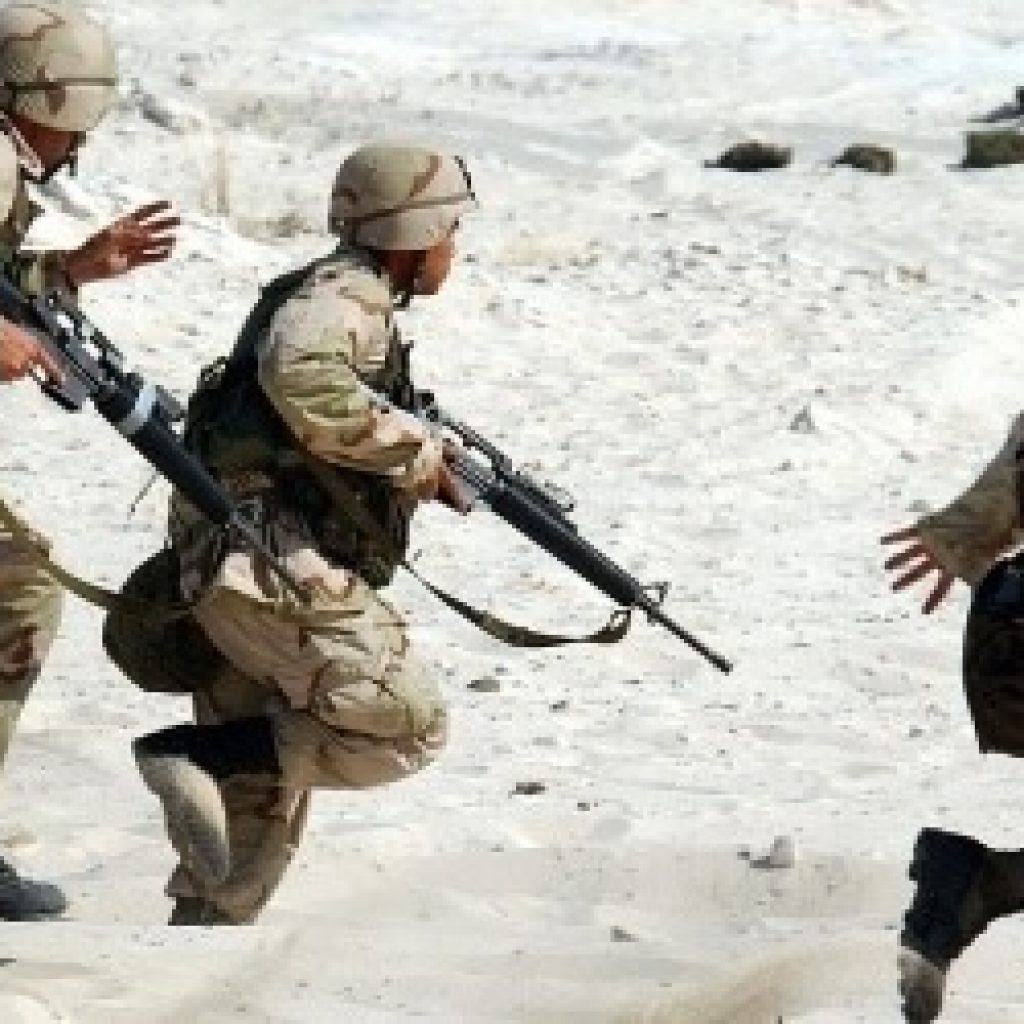(DefenseMagazine) The Army Research Laboratory is zeroed in on key initiatives aimed at giving soldiers an edge on future battlefields against advanced adversaries. There are only 10 efforts that have been deemed essential research programs, ARL Director Philip Perconti noted in a recent interview.
While much of ARL’s work is aligned with the Army’s current modernization priorities, it is also looking far ahead to 2035 and beyond, he noted. “I want to underscore the need for the research laboratory to work in areas that are not necessarily on the modernization priority list yet, but will be sometime in the future,” Perconti said. “Things like synthetic biology and quantum information science are particularly important.”The quantum information sciences program could yield far-reaching technology breakthroughs in the long term, he said.
A phenomenon known as quantum entanglement is a key area of interest.
Quantum systems could aid with positioning, navigation and timing by providing soldiers with a very accurate measure of time down to the picosecond, he noted.
“Why do you need this? Well, every network, every communication network needs a clock. So how do we get that today? Typically we get it from GPS. People think that GPS is just for position on a map, but GPS also provides timing synchronization,” Perconti explained. A quantum-based timing capability would be useful in a GPS-denied environment because if soldiers had small clocks on the battlefield that had stability down to picoseconds, they could operate for a long time without having to re-sync their systems, he noted.
Quantum information sciences could have a variety of other military applications as well, experts say. It will also be used for future “quantum” computers, imaging, sensors and networks that outperform classical systems that exist today, Fredrik Fatemi, ARL’s branch chief for quantum sciences, said in an email. “Its ability to have an impact on so many areas means that QIS sits at the intersection of material, computer, information, and engineering sciences, and will provide revolutionary capabilities for the warfighter.”
It will require years of work before the Army has these types of quantum capabilities, Perconti noted.
ARL’s Branch Chief for Quantum Sciences Says QIS Will Provide Revolutionary Capabilities for Warfighter
